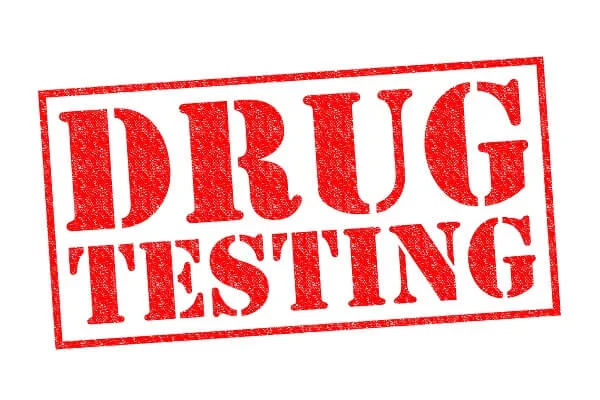It’s quite understandable why an employer might want to test his employees for drug use. After all, the use of drugs, especially while on-duty, can generate safety hazards and dissipate productivity. On the other hand, it’s not too difficult to understand why an employee might object to drug testing (at least under certain circumstances), even if the employee in question does not use drugs.
Drug Testing and Federal Law
Although California is subject to federal law, federal law is quite thin on the question of employee drug testing. It does require drug testing in certain sensitive occupations such as truck drivers and airline pilots. The Fourth Amendment’s prohibition against arbitrary search and seizure can also apply; a urine test, for example, is considered a search of a person’s body. By and large, however, the federal government leaves employee drug testing laws to the states.
Drug Testing and the California Constitution’s Right to Privacy
Unlike the federal constitution, the California Constitution contains an explicit right to privacy. For obvious reasons, this right is implicated in drug testing, regardless of whether or not the employer is public or private. Ultimately, the question of whether drug testing is appropriate comes down to a balancing test: the employer’s need for the knowledge versus the employee’s privacy interest.
When Drug Testing Is Allowed
Drug testing is allowed when:
An employer is screening an applicant for a job. The rationale is that the employer doesn’t have to hire the applicant in the first place, and the applicant has no vested interest in the job before being hired. Keep in mind that an employer may refuse to hire an applicant for using medical marijuana, even with a legal prescription.
Random drug testing is allowed only for certain sensitive positions. This determination is very fact-specific and, absent a specific regulation requiring drug testing in a particular occupation, there are no bright-line rules.
An employer may test an employee for drug use in response to a reasonable suspicion that the employee is using drugs. To reiterate, the suspicion must be reasonable – that is, based on objective facts. The case for a drug test is strengthened if a serious workplace accident involving the employee has occurred.
A drug test may be included in a routine required physical examination.
When Drug Testing Could Get You into Trouble
Drug testing your employees could get you into trouble if:
You test for drugs in a manner that offends the employee’s privacy rights (requiring an employee to provide a urine sample in front of someone else, for example).
You execute drug testing in a discriminatory manner (you only test people of certain national origins, for example).
You unreasonably discriminate against a disabled person for using drugs necessary to treat his disability.
You publicize the results of a positive drug test, especially if the results turn out to be wrong. Drug testing results should be distributed on a strict “need to know” basis.
The bottom line is that testing your employees for drugs is almost always a legal risk unless it is specifically required by applicable law. Proceed with caution.
Seek Legal Advice Today
If your company is considering formulating an employee drug testing policy, or if you have concerns about the propriety or legality of drug testing under particular circumstances, call CKB Vienna today or contact us online to schedule a consultation. We serve clients in Rancho Cucamonga, San Bernardino County, Los Angeles County, Orange County, and Riverside County.

